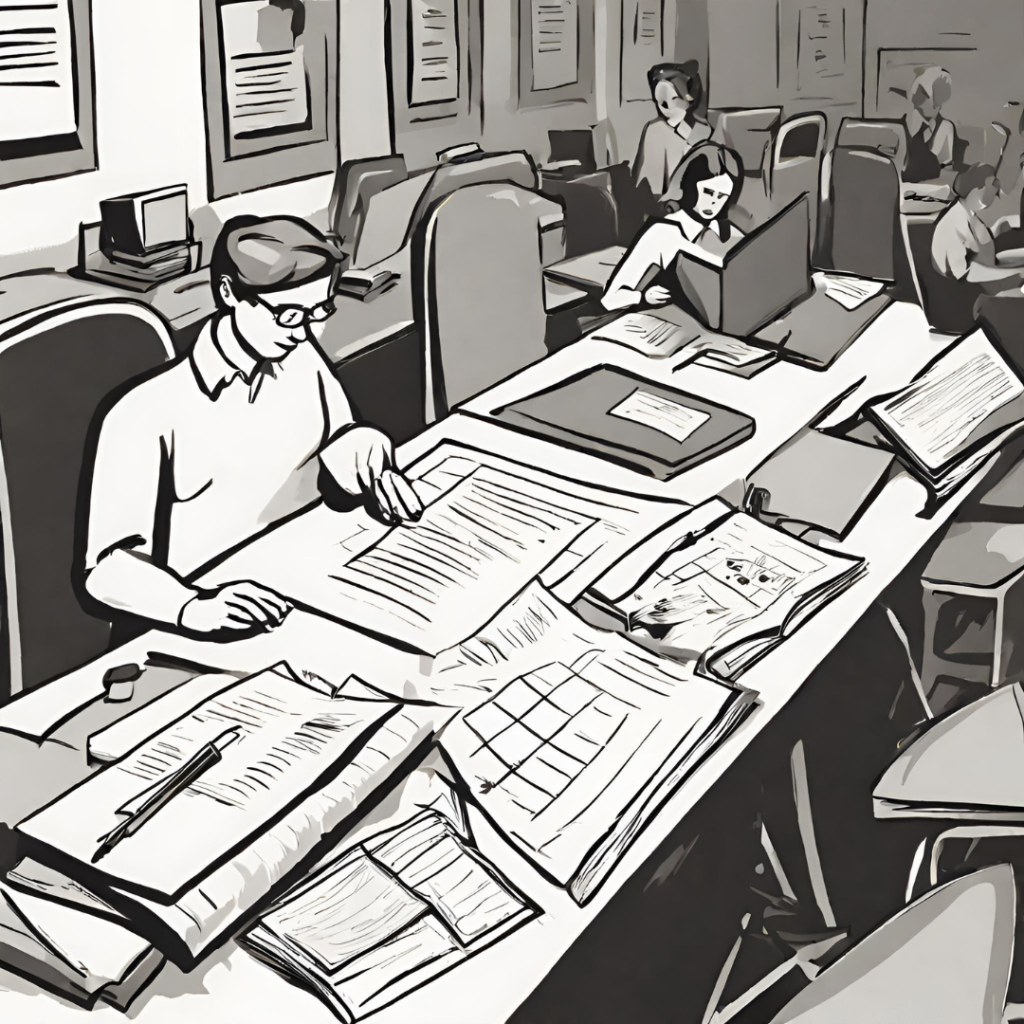
For countless students worldwide, the word ‘exams’ triggers a sense of impending stress. However, with strategic preparation, the looming pressure of test day can be significantly diminished. One particularly effective method—often underutilized—is the practice of leveraging past papers, mock exams, and sample questions. Here’s why this technique is crucial and how you can maximize its benefits.
Understanding the Value of Past Papers
- Replicating Real Exam Conditions: Past papers provide a glimpse into the actual test format, familiarizing you with the kind of questions you can expect and the time constraints you might face.
- Immediate Feedback: By comparing your answers with the provided solutions or mark schemes, you gain immediate feedback, allowing for targeted revision.
- Enhancing Time Management: Timed practices with past papers help hone your time management skills, ensuring you complete your exam within the given timeframe.
The Psychological Benefits of Mock Exams
- Reducing Anxiety: Familiarity breeds confidence. The more you expose yourself to the exam format through mock tests, the more in-control and less anxious you’ll feel on the actual test day.
- Building Stamina: Just like training for a marathon, sitting for lengthy exams requires stamina. Regular practice with full-length mock exams trains your mind to maintain concentration for extended periods.
- Recreating Pressure: While studying is essential, performing under exam conditions is a skill in itself. Mock tests recreate the pressure of the real exam, preparing you for the emotional and mental challenges of test day.
Maximizing the Utility of Sample Questions
- Focused Practice: Sample questions allow you to concentrate on specific topics or areas of weakness, ensuring comprehensive coverage of the syllabus.
- Understanding the Examiner’s Perspective: Often, sample questions come with examiner’s reports or feedback, offering insights into common mistakes made by students and what examiners look for in top-tier answers.
- Versatility in Revision: Instead of passively reading notes, actively engaging with sample questions makes revision more interactive and effective.

Effective Strategies for Using Past Papers
- Create Realistic Conditions: When practicing with a past paper, recreate exam conditions. This means no notes, no distractions, and adhering strictly to the time limit.
- Review Thoroughly: After completing a mock exam, spend ample time reviewing your answers. Understand where you went wrong and why. This reflection is where the real learning happens.
- Stagger Your Practice: Don’t exhaust all your past papers too early. Space them out over your revision period, ensuring you have a mock exam close to the actual test date for a final check.
- Use Them Iteratively: After reviewing your mistakes from a mock test, revisit the same paper after a few days. This iterative process solidifies learning and boosts memory retention.
- Combine with Other Study Methods: While past papers are invaluable, they should complement other study techniques. Intersperse mock exams with techniques like mind-mapping, group discussions, or flashcards.
Sourcing Past Papers and Sample Questions
- Official Exam Boards or Bodies: Most exam boards provide past papers for free on their websites, complete with marking schemes.
- School or University Libraries: Educational institutions often maintain an archive of past papers for student access.
- Online Forums and Student Communities: Platforms like Reddit or specific student forums often have shared resources, including past papers and sample questions.
- Study Apps and Platforms: Some educational apps provide mock tests and sample questions tailored to specific syllabi or courses.
Conclusion
In the marathon of exam preparation, past papers, mock exams, and sample questions serve as crucial training grounds. They not only improve knowledge recall but also enhance exam technique, time management, and mental stamina. By strategically integrating these resources into your revision plan, you stand a better chance of walking into the exam hall with confidence and walking out with impressive results. Remember, it’s not just about the knowledge; it’s about how you apply it under pressure. So, start leveraging those past papers today!

